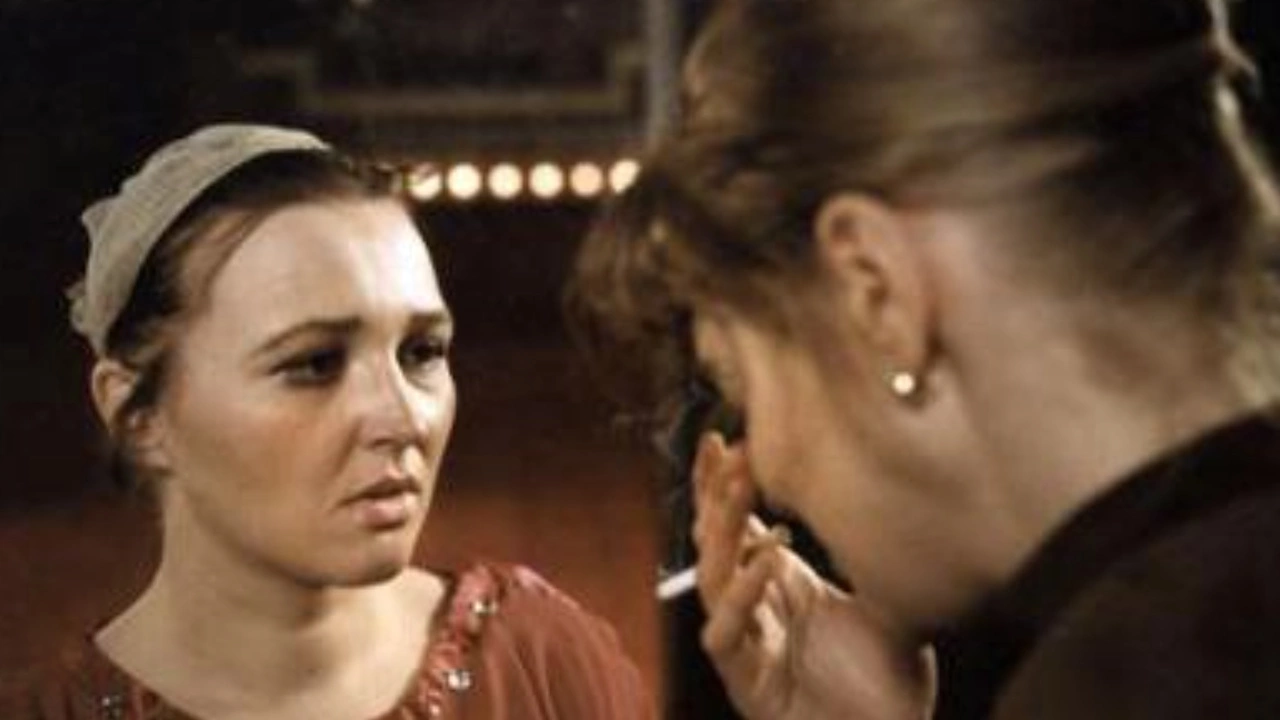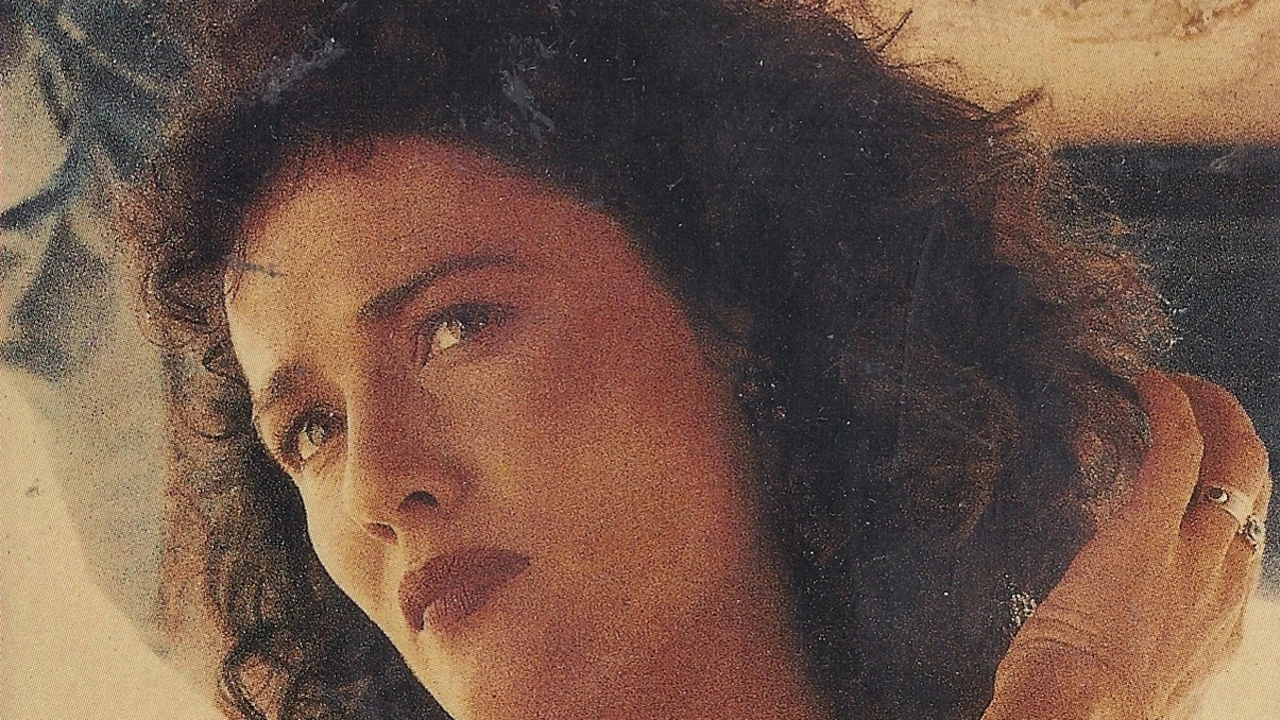Were the 80s the Zenith of Queer Cinema?
By Keshav AnandDuring the 80s, queer filmmakers from around the globe took up the camera to tell previously untold stories in bold and creative ways, bringing unapologetic portrayals of LGBTQ+ individuals to the big screen. The world stood on the cusp of transformation. Borders were poised to change, the fight to end Apartheid in South Africa persisted, and even as outdated laws against homosexuality were being repealed, the AIDS crisis fuelled a surge of homophobia.
Presenting ground-breaking movies from across the world, as part of the Barbican’s Pride season this summer, Queer 80s: Cinema on the Brink of Global Change, curated by Alex Davidson, invites audiences to time travel back to a decade when LGBTQ+ representation and artistry on screen thrived. Ahead of the programme’s launch, which runs from 5–26 June 2024, Something Curated takes a closer look at five featured works that remain as compelling today as when they were first made.
Beautiful Mystery, 1983 — Directed by Genji Nakamura

Aspiring patriotic bodybuilder Shinohara catches the eye of the powerful Mitani, a caricature of the queer writer and fervent nationalist Yukio Mishima. Mitani recruits Shinohara for his militia, intending to launch a coup d’état. However, the soldiers are driven by more than just revolutionary zeal, as Shinohara is thrust into a world of gay sex and body worship. Genji Nakamura’s comedy shifts from the outrageous to the deeply problematic, exemplified by Shinohara’s non-consensual first sexual encounter with a fellow soldier.
Era Vermelho Seu Batom, 1983 — Directed by Henrique Magalhães

From the late 1970s to the mid-1980s, a surge of radical short films, shot on Super-8 by queer filmmakers, emerged in north-eastern Brazil as part of a movement termed ‘Cinema Guei.’ These films denounced conservativism and religious oppression that continued to prevail under the military rule and celebrated gay lives at a time of intense, machismo-fuelled prejudice. In this work by Henrique Magalhães, filmed during Carnaval Baía da Traição on the coast of Paraíba, two lovers embrace in the waves while the hedonism of carnival unfolds.
The Farewell, 1982 — Directed by Tuija-Maija Niskanen

In this Swedish-language drama directed by Finnish filmmaker Tuija-Maija Niskanen, Valerie, a gay woman, faces the challenges of living in her parents’ oppressive home in Helsinki just before WWII. The story reveals pivotal moments from her childhood, exploring her experiences with an aggressive father, and her determination to pursue her own path. Niskanen’s film, reminiscent of the style of Ingmar Bergman’s period pieces, features several of his frequent collaborators, including actor Gunnar Björnstrand.
Freak Orlando, 1981 — Directed by Ulrike Ottinger

Before Sally Potter’s Orlando and Paul B. Preciado’s Orlando, My Political Biography, there was Ulrike Ottinger’s vibrant take on Virginia Woolf’s gender-fluid protagonist, Orlando, portrayed by the enigmatic Magdalena Montezuma. Ottinger’s rendition presents Orlando navigating through time and space, from a contemporary department store to medieval landscapes and the trials of the Spanish Inquisition, encountering a myriad of eccentric characters along the journey. This film marked the dawn of a surge in queer cinema productions during the final decade of West Germany’s existence.
Quest for Love, 1988 — Directed by Helena Nogueira

After being released from prison, political journalist Alexandra reflects on the past few years while awaiting a reunion with her lover, marine biologist Dorothy. She had been jailed for accusing the government of plotting a military intervention in the neighbouring country of Mozania, a thinly veiled version of Mozambique. Quest for Love was banned in its home country, South Africa, due to its anti-Apartheid message and the central lesbian relationship. Although some elements of the story have aged poorly, it remains an interesting work.
Queer 80s: Cinema on the Brink of Global Change will run from 5–26 June 2024 at Barbican Cinema.
Feature image: Ulrike Ottinger, Freak Orlando, 1981